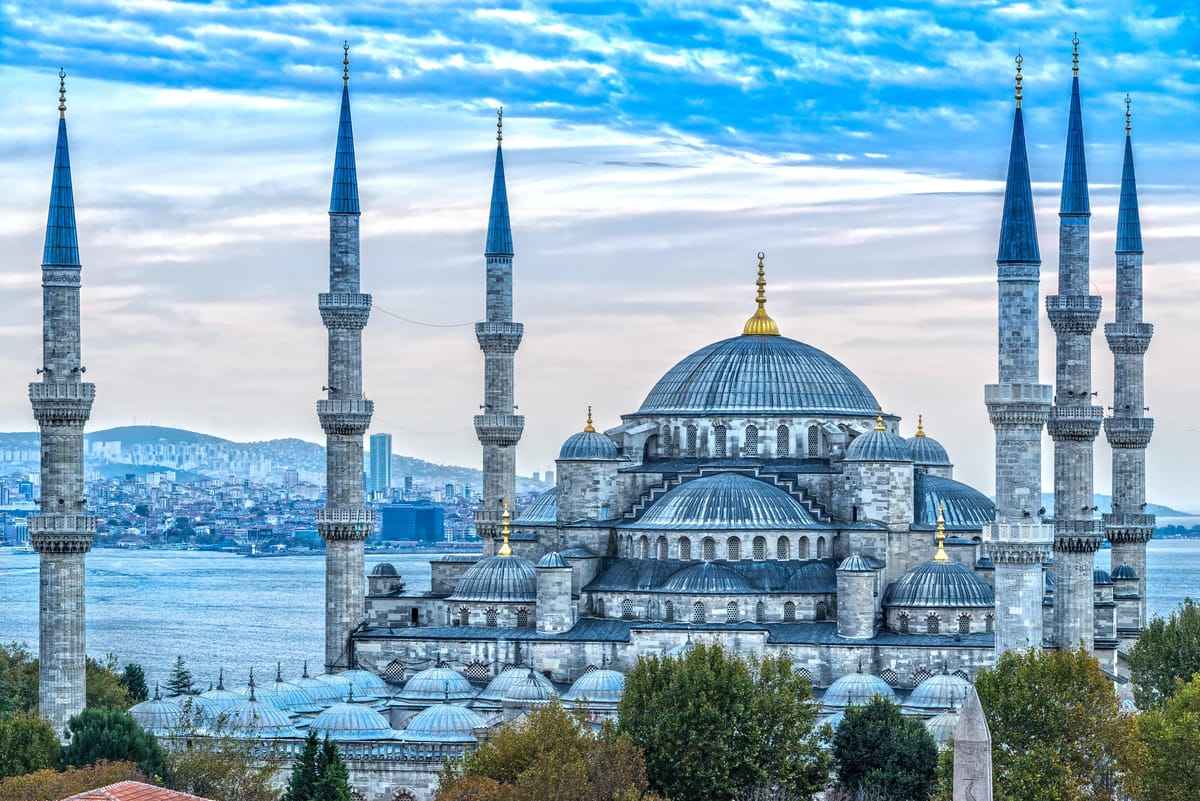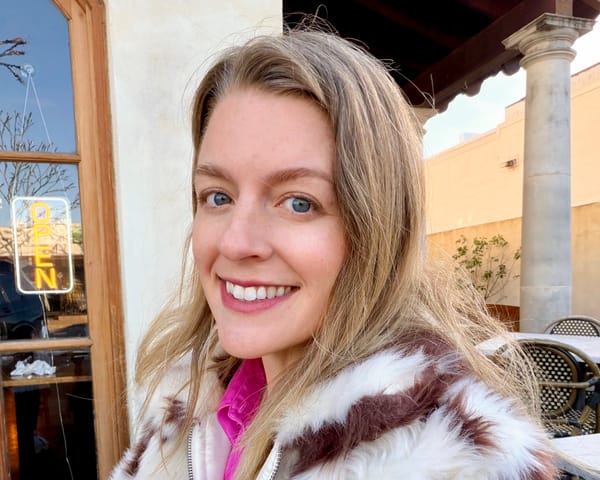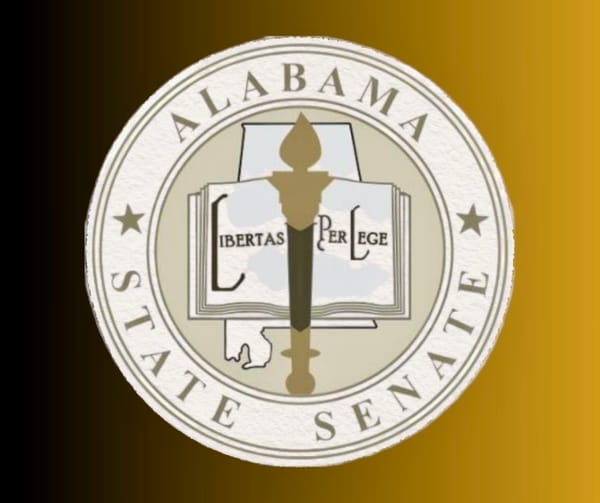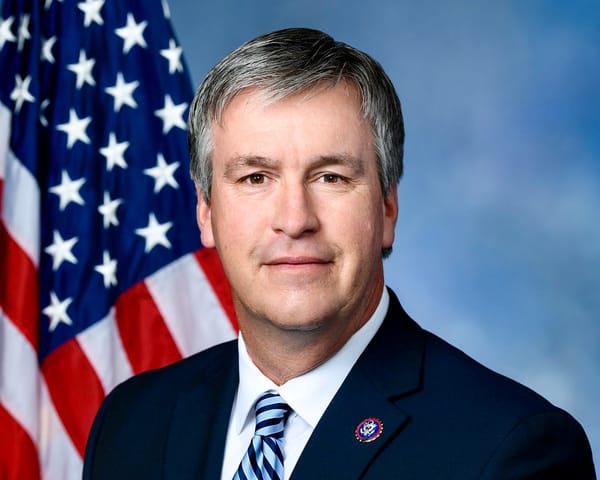Sharia Isn't a Threat to American Law—It's How We Live Our Values
Guest Opinion By Mr. Tanvir Papa, Birmingham Islamic Society

Guest Opinion By Mr. Tanvir Papa, Birmingham Islamic Society
In a recent Senate floor speech, Senator Tommy Tuberville called for banning "sharia law" nationwide and said people who believe sharia supersedes American law should be deported. I understand why that kind of language resonates with some. After 9/11 and years of frightening headlines, many Americans still carry real fears about terrorism and extremist regimes. As a Muslim and a proud Alabamian, I share the desire for safety, and I condemn extremism without qualification. Where we differ is on the cure. Banning "shariah" won't make us safer; it confuses terms, stigmatizes peaceful neighbors, and misunderstands both Islam and the U.S. Constitution.
American law already reigns supreme.
Our courts cannot enforce any rule, foreign or religious, that violates constitutional rights. Muslims in Alabama live under the same civil and criminal laws as everyone else. We work, pay taxes, raise families, serve in the military, and rely on Alabama courts for our disputes. Nothing about our faith changes that. In fact, Alabama voters approved a constitutional amendment in 2014 to make explicit that courts may not apply foreign law when it would conflict with our rights. That principle was already the practice. It still is.
So, what does "shariah" actually mean?
The Arabic word literally means "the path." For American Muslims, it's a personal moral compass: daily prayer, charity, honesty in business, caring for family, serving neighbors. Our scholars describe its aims simply: protect life, faith, intellect, family, property, and human dignity. This isn't a rival legal code waiting to overtake U.S. law; it's an ethical framework for how we try to live decent and honarable peaceful lives.
Let's address a common fear directly.
Some hear "shariah" and picture harsh punishments or the oppression of women under certain regimes abroad, that is not what American Muslims practice, believe, or want. In the United States shariah for us means worship, charity, honesty, and family responsibility within American law, which always governs. We reject any religious or political interpretation that harms innocents or denies women their rights; our faith commitments reinforce American commitments to justice and human dignity.
We oppose extremism, full stop.
When any human being is murdered abroad or places of worship are attacked, we grieve and speak out. In our worship centers, we teach that taking one innocent life is like taking the life of all of humanity. Here in Alabama, we regularly partner with churches, synagogues, and people of all faiths including civic groups on service projects, health clinics, food drives, and safety efforts. That's the Alabama we know and love.
We grieve for victims of extremists abroad, of every faith, and we work here at home to keep our communities safe under American law and shared Alabama values.
Why is a sweeping "ban on shariah" a bad idea?
- It solves a problem that doesn't exist. No Islamic place of worship countrywide or here in Alabama is trying to replace U.S. law. American Muslims ask for nothing special, only the same freedom of worship every faith enjoys.
- It risks collateral damage to religious freedom. Over broad "foreign law" bans can create unintended problems for religious divorces (eg Judaism ), faith-based arbitration agreements, or ordinary international contracts, areas courts already handle while protecting rights. We don't need new confusion; our legal system is capable and strong.
- It divides neighbors. When leaders say "ban shariah," many hear "your Muslim neighbor doesn't belong." especially when our kids pledge allegiance at school, play Little League, and volunteer at food banks. We are your physicians, teachers, business owners, engineers, and veterans.
What this looks like in everyday Alabama life.
During Ramadan, my family fasts and gives extra charity; we also show up to work on time and pack lunches for our non-fasting kids. When we married, we signed a standard Alabama marriage license; our Religious Leader ( Ima m) offered a blessing. If two Muslims choose a religious mediator for a private dispute, it's voluntary, and only valid if it complies with American law. That's how religious freedom works for everyone.
Senator Tuberville's talk of deporting people for a fundemential belief of living a good honarable life (Under the guise of calling it a Law) is especially troubling and it would reach Muslim American citizens, people who coach youth teams, treat patients, employ local workers, and pay taxes. Believing that God calls me to be honest, give charity, and pray does not make me less American. I'm confident in this country precisely because our Constitution is strong; it doesn't need a new ban to protect it from my prayers.
If you're curious, or skeptical come see for yourself. Visit any place of Muslim worship nationwide and here in Alabama in particular. Ask questions. Meet the youth who tutor after school, the doctors who staff free clinics, and the neighbors who sponsor your teams. Fear fades when we know each other.
Opinions do not reflect the views and opinions of ALPolitics.com. ALPolitics.com makes no claims nor assumes any responsibility for the information and opinions expressed above.




